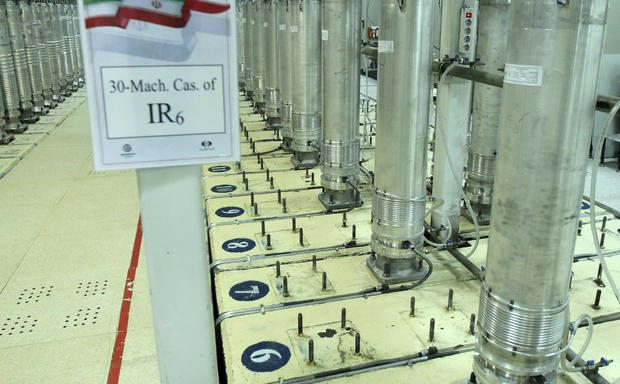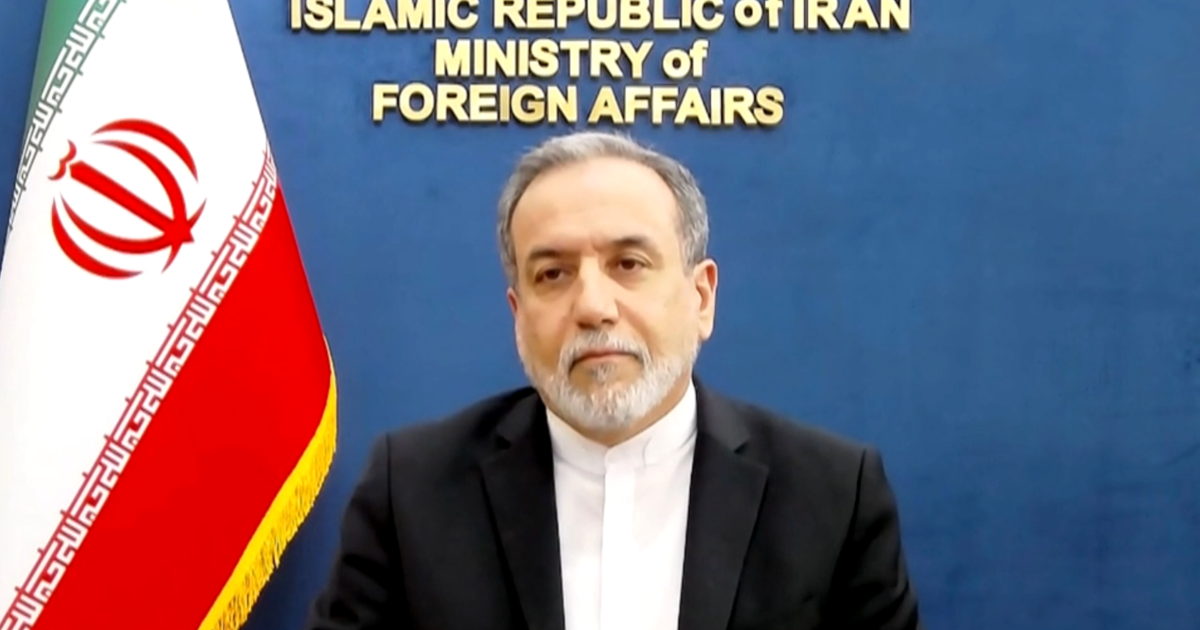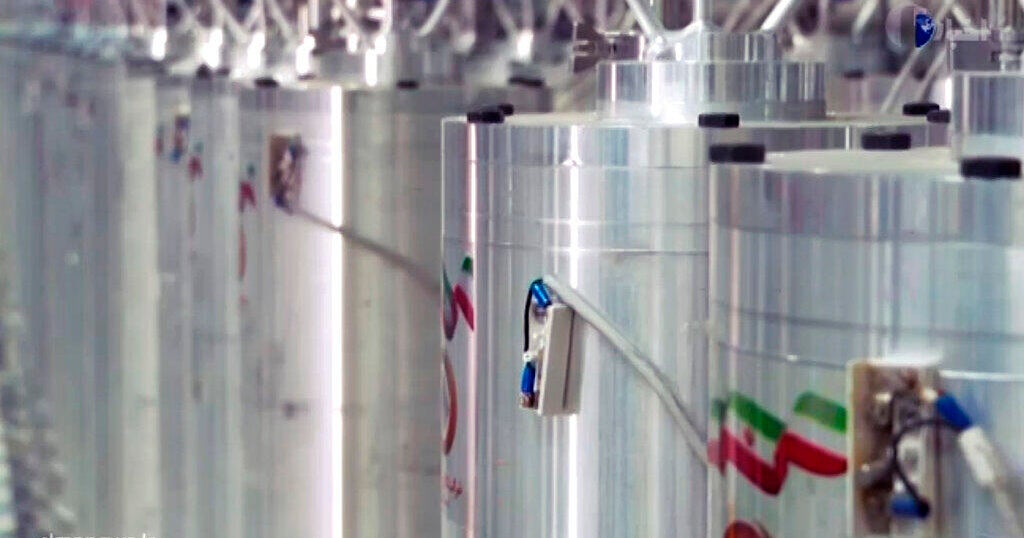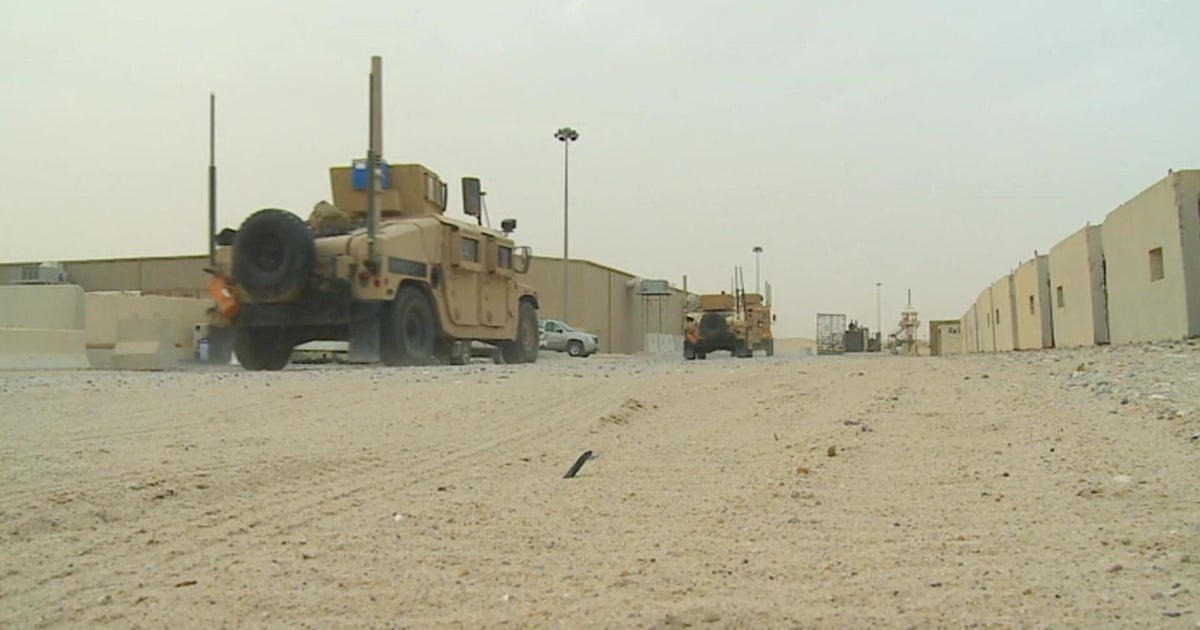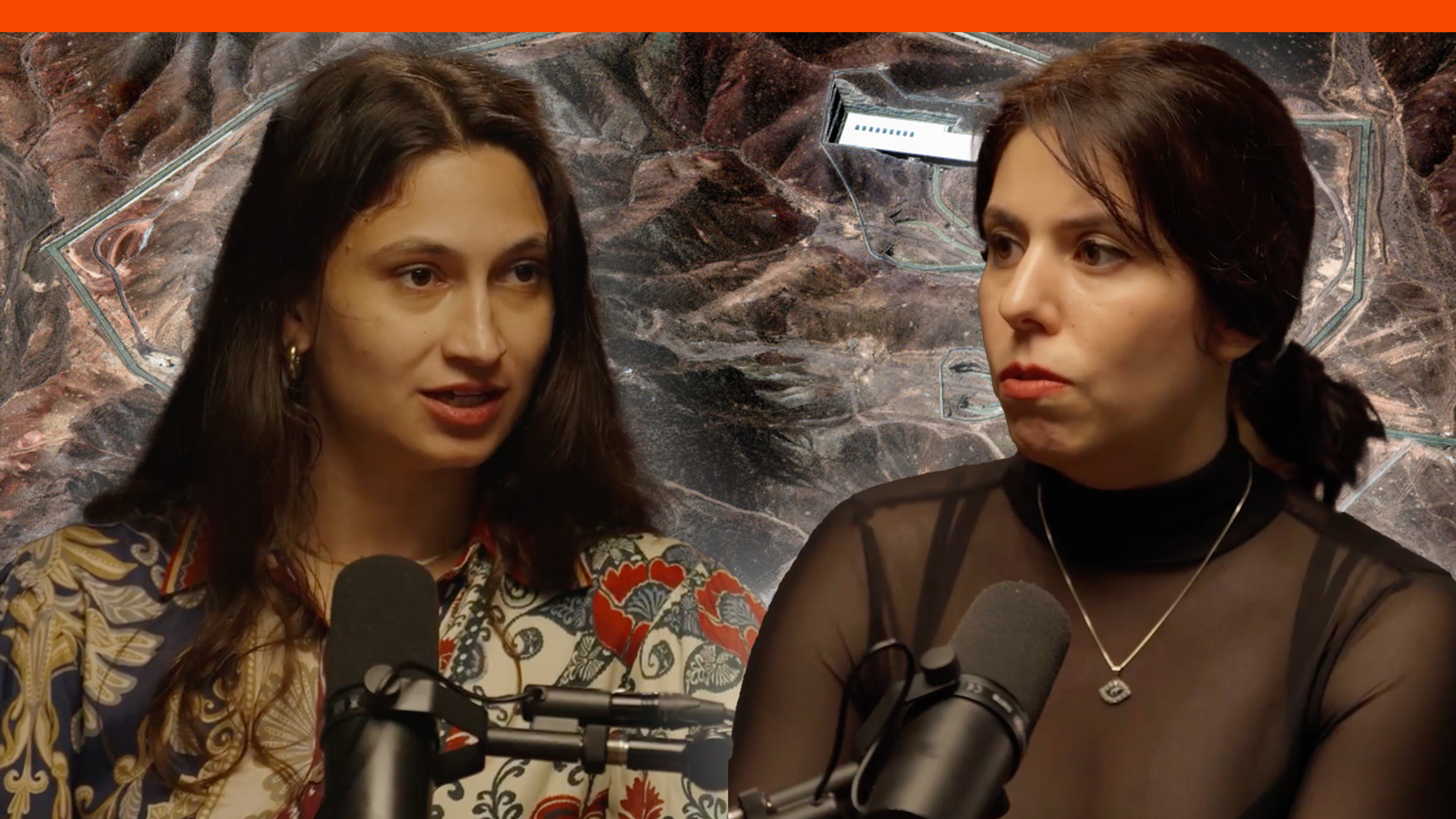Iran enriches uranium to highest purity yet as nuclear talks continue
United Nations — Iran has enriched uranium to a slightly higher purity than previously thought due to "fluctuations" in the technical process, the United Nations' atomic watchdog agency says in its latest report. The new report, still unpublished but obtained on Wednesday by CBS News, confirms that Iran is moving forward with its nuclear program as it engages in tense negotiations over a potential return to the 2015 nuclear deal.
The International Atomic Energy Agency said its analysis of a sample taken from an Iranian facility in mid-April, "shows an enrichment level consistent with that declared by Iran."
Iranian officials announced in April that they'd taken another significant step toward obtaining weapons-grade uranium by enriching up to 60% purity. While that isn't technically weapons-grade (90% or above), having a stockpile of 60% enriched uranium could reduce the time Iran would need to make a bomb — something Tehran vehemently insists it doesn't want to do.
In the report obtained by CBS News on Wednesday, the IAEA said Iran had produced uranium with a purity of 63%, it's highest-grade product yet, but said that was "consistent with the fluctuations of the enrichment levels" associated with uranium hexafluoride.
The report underscores the challenges diplomats face in their ongoing talks with Iran, which began in April, to bring the United States and Iran back into the 2015 nuclear deal — an effort supported by President Joe Biden.
While the IAEA report does not show a significant deviation from what Iran said it would do, it makes clear that if the international talks fail to bring a new agreement that includes a lifting of U.S. sanctions, Iran could easily move forward with its nuclear weapons technology, CBS News' Pamela Falk said.
International Atomic Energy Agency Director General Rafael Grossi reported to members on Tuesday that the latest inspections confirmed Iran continued to enrich uranium at up to 60% purity at its plant in Natanz.
The IAEA report is based on information that the watchdog agency has been given by Iran, illustrating that Iran wants to make its movements clear.
Iran has been steadily violating the restrictions of the landmark 2015 deal since then-President Donald Trump pulled the U.S. out unilaterally in 2018 and reimposed crippling sanctions.
The deal promised Iran economic incentives in exchanges for curbs on its nuclear program. Iran has intended the violations to pressure the other nations involved — Germany, France, Britain, China and Russia — into finding ways to offset the U.S. sanctions, so far unsuccessfully.
The U.S. is not at the table to engage with Iran directly in the talks that began in April, but the other members of the nuclear deal, known as the Joint Comprehensive Plan of Action, or JCPOA, have been shuttling between an American delegation also in Vienna and the Iranian delegation.
The government in Tehran has said it is prepared to reverse all of its violations but that Washington must remove all sanctions imposed under Trump — including measures imposed over issues not related to its nuclear program.
The U.S. has insisted that Iran must return to full compliance, but just how that would be carried out is still being discussed. For example, diplomats involved concede that Iranian nuclear scientists cannot unlearn the knowledge they acquired in the last three years, but it is not clear whether new centrifuges put into use by Iran in violation of the agreement would need to be destroyed, mothballed and locked away, or simply taken offline.
Despite its violations of all major restrictions of the JCPOA, the other countries involved have insisted that it has been worth preserving, if nothing else because it has meant IAEA inspectors have been able to continue monitoring Iran's nuclear program.
That access may be further restricted soon, however. Iran in February began restricting international inspections of its nuclear facilities, but under a last-minute deal worked out on Feb. 21 during a trip to Tehran by Grossi, some access was preserved.
Under the agreement, Iran said it would no longer share surveillance footage of its nuclear facilities with the IAEA but promised to preserve the tapes for three months. It will then hand them over to the IAEA - if it is granted sanctions relief. Otherwise, Iran has vowed to erase the recordings.
May 21 — one week from Friday — represents the end of that three-month window, though there has been some suggestion Iran may extend the deadline if it is satisfied with the progress of the Vienna talks.
Russian delegate Mikhail Ulyanov tweeted optimistically early Wednesday that it may even be possible to conclude an agreement on bringing the U.S. back into the JCPOA by that time.
"The Vienna talks make progress and the negotiators aim at completing the process as soon (as) possible," he wrote. "Hopefully by May 21. It's very difficult but doable."
Iran's delegate to the talks, Deputy Foreign Minister Abbas Araghchi, threw some cold water on the hope of extending the deadline, however, tweeting that the resumption of the regular IAEA inspections "is predicated on sanctions being lifted."
"We'd like to get to it before 21 May, if possible," he wrote "We're serious & determined, ready to do it even tomorrow: once sanctions (are) verifiably lifted, we'll return to full implementation of the JCPOA."
CBS News' Elizabeth Palmer and Eleanor Watson contributed to this report.
